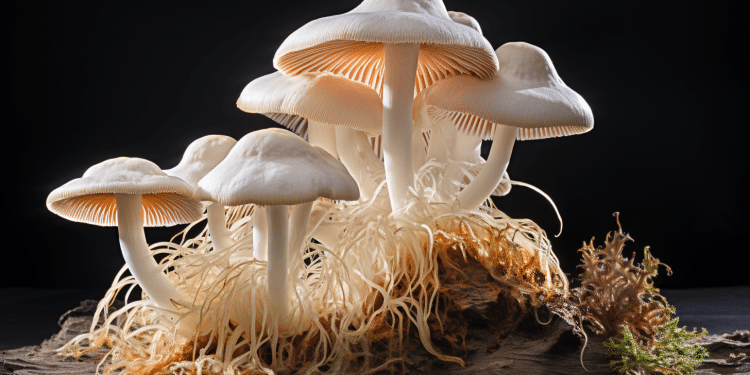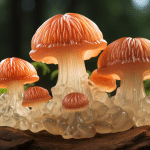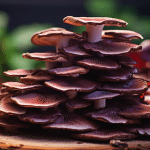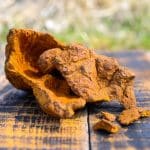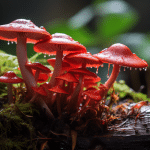Lion’s mane mushroom is a type of fungus that has been used for centuries in traditional Chinese medicine. It is believed to have many health benefits, including the ability to help with pain relief. But does lion’s mane mushroom help with pain? Let’s take a closer look at this natural remedy and find out!
So Does Lion’s Mane Mushroom Help with Pain?
Due to its ability to help reduce inflammation and improve wound healing, lion’s mane mushroom could help with pain relief over time. Although it will not be very effective at short term pain relief in a fashion similar to ibuprofen or tylenol. Lion’s mane has been shown to reduce inflammation in the brain in rats, according to a 2014 study. Rats who consumed lion’s mane had a decreased incidence of stroke, according to several studies. In fact, these same rats also had a lower risk of stroke. Mice with ulcerative colitis (a form of inflammatory bowel disease) experienced an improvement in intestinal inflammation after being fed lion’s mane for a period of time.
Lion’s Mane helps with wound healing
The antirheumatic effects of lion’s mane may also assist in the healing of skin wounds. There’s even evidence from animal trials to suggest that the mushroom has healing properties, according to a study published in 2011.
In a 2011 study, rats with a neck injury that were treated with a topical application of lion’s name extract healed faster. When they reviewed the wounds, they discovered less scar tissue area, fewer white blood cells (indicating lesser infection or pus formation), and greater collagen levels. The researchers also discovered that the rats had larger quantities of new blood vessels.
Although they didn’t look at pain levels in the experiment, it’s reasonable to assume that having a wound that heals faster means that the animals were in less discomfort. Any suffering that didn’t go away, or one that was slow to heal, would have prolonged any accompanying ache.
Inflammation and Oxidation
Another benefit of lion’s mane is that it has anti-inflammatory and antioxidant properties. This has to do with the antioxidant properties of the mushroom. Although we hear the term all the time, few people understand what it means. Antioxidants are compounds that fight free radicals (unstable molecules that harm cells) in the body. Excess free radicals in the body can cause inflammation.
Inflammation is a major cause of many illnesses, including diabetes, heart disease, and autoimmune disorders. Acute inflammation can produce a variety of types and degrees of pain. Pain may be continual and steady, throbbing and pulsating, stabbing, or pinching.
The antioxidant activity of lion’s mane was found to be fourth-highest in a 2012 research that looked at the therapeutic effects of 14 different mushroom species. Lion’s mane mushrooms are high in antioxidants, which suggests that they may help to decrease inflammation and cell damage throughout the body.
Additional Resources:
Does Lion’s Mane Mushroom Have Protein?
Does Lion’s Mane Mushroom Lower Testosterone?
The Best Lion’s Mane Supplements
The Best Lion’s Mane Tinctures
Updated 10/6/2022
